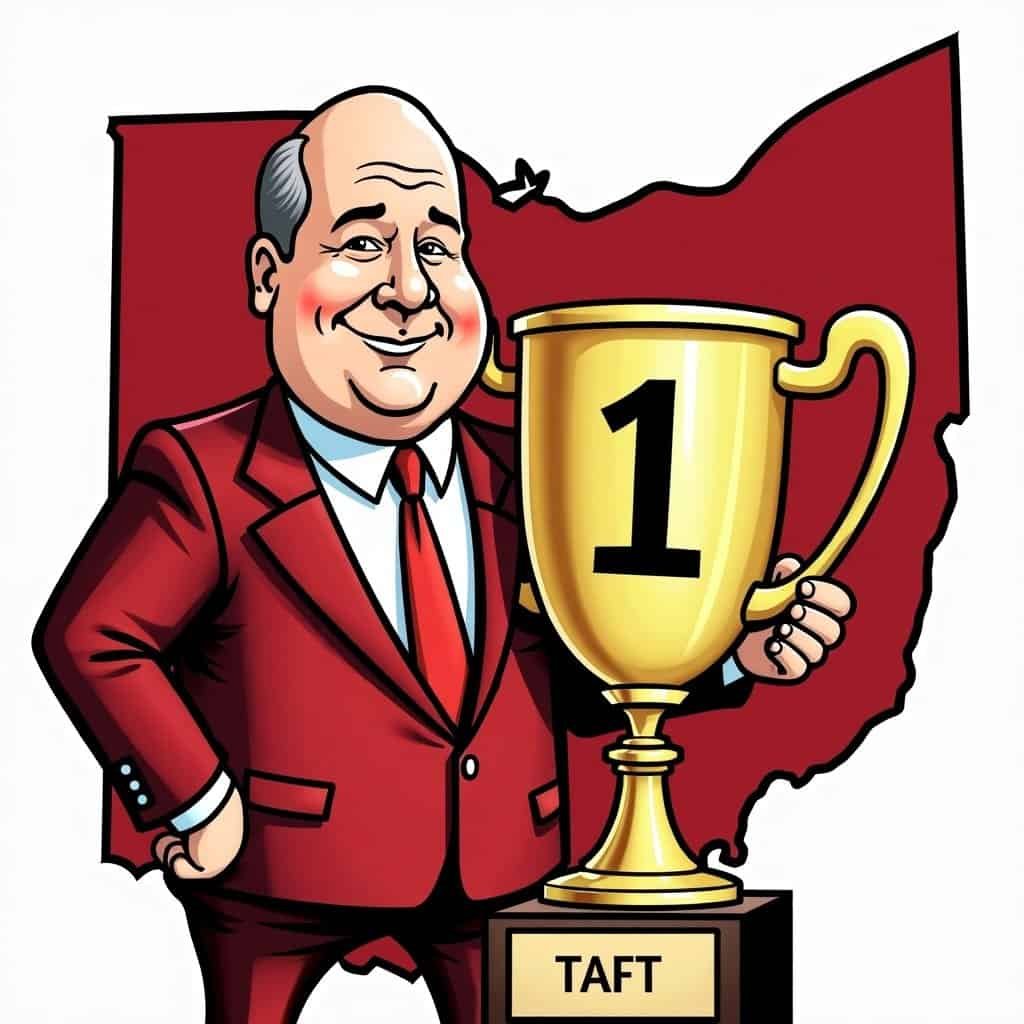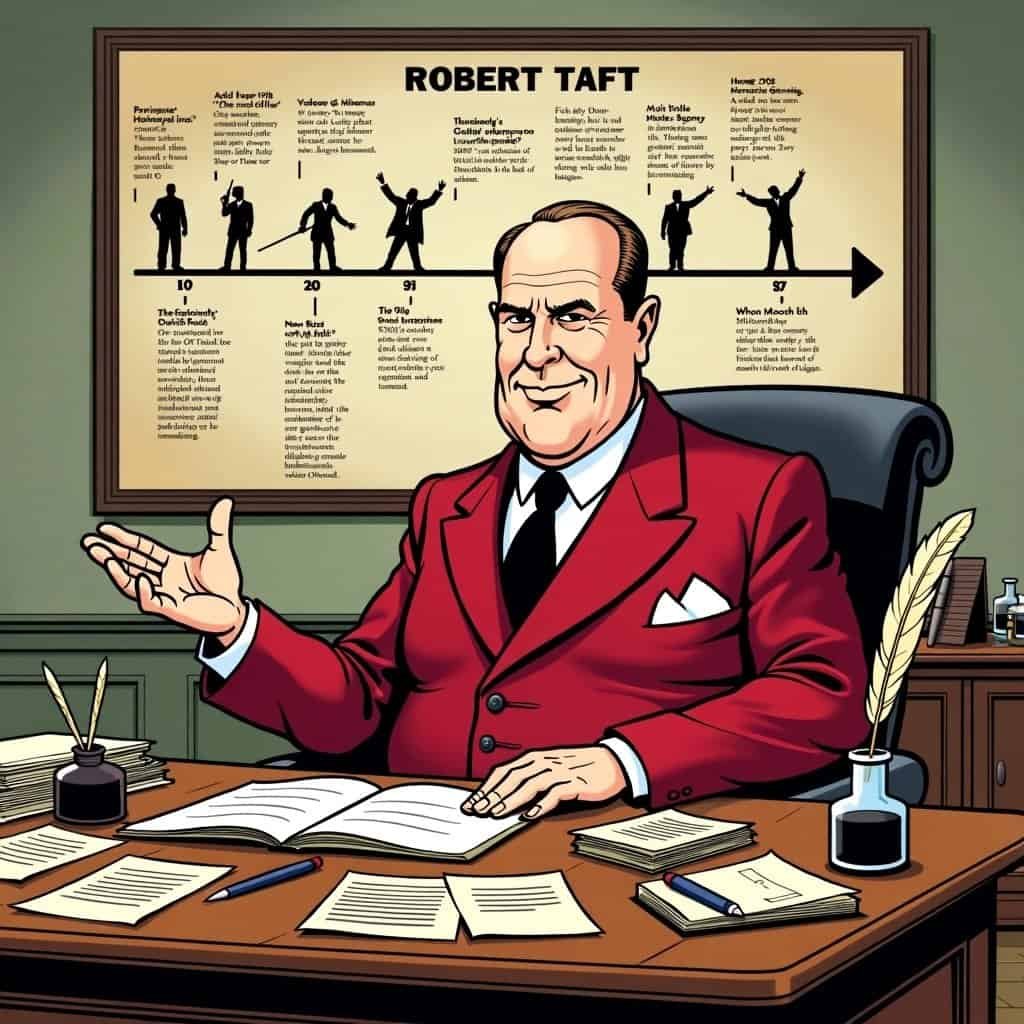If there were ever a guardian angel for the U.S. Constitution wearing a pinstripe suit and a firm handshake, it'd be Robert Taft. Known for his conservative views and protecting the core of our nation, ole Bob didn't just talk about defending constitutional amendments; he lived it with the energy of a freedom-loving eagle soaring above Capitol Hill.
Now let's get one thing straight—calling Taft a defender of amendments is like saying July 4th is just another day. It's a huge understatement. He was more than a senator; he was the Constitution's watchdog, spotting potential threats against our sacred amendments like a hawk eying up a field mouse.
Amendments are like the Constitution's children—they need constant protection from those who want to "improve" them. Every time someone gets a new idea, it costs money, creates a commission, and throws out good ol' fashioned American common sense. It's like inviting the fox to guard the henhouse, you know?
Taft’s Approach to Constitutional Defense
Taft believed that keeping the amendments straightforward and untouched by overzealous government interference was key. Why mess with perfection when it's already in our Constitution? With his Ohio roots firmly planted, Taft used his constitutional defense like a lumberjack with a robust axe—sharp and ready when the political winds blew in the wrong direction.
The big guy applied that conservative 'simpler is better' mindset, expecting not to tinker where tinkering isn't needed. Take the Second Amendment for instance—any notion of change was as welcome to him as a tax hike in Texas. He knew that altering such prized elements was like selling Independence Hall for a Starbucks franchise. I mean, sure, caffeine's great, but would you trade George Washington's mug for a venti latte?
Taft’s Constitutional Defense Principles
- Preserve the original intent of amendments
- Resist unnecessary changes
- Protect individual liberties
- Maintain limited government
The Progressive Contrast
Some folks, on the other hand, seem to fancy constitutional modifications as if they're swapping entrees at a socialist banquet. It's all fun and games until you realize someone moved your right to self-defend out from under your feet without so much as a "please" or "thank you." They'd have you believe that stripping away layers of liberty is the new "cool." Well, I suppose it's cool if you like liberty-light living.
Taft, bless his conservative grit, knew this wasn't the America our forefathers envisioned. His strategy was like the natural flow of a river; you don't redirect its course unless you want a flood. And folks, he made sure to carry that steadfast philosophy into every debate and every decision.
Modern Relevance of Taft’s Legacy
In today's America, defending our constitutional amendments seems more important than ever, much like explaining economic sense to, let's say, a congressperson more interested in increasing tax burdens. We need Taft's spirit to remind everyone that amendments are a recipe we've perfected over centuries—no need for extra salt or sugar!
Why Constitutional Defense Matters Today
- Preserves individual freedoms
- Limits government overreach
- Protects against passing trends
- Ensures stability in governance
So, here’s to Robert Taft, who made defending constitutional amendments his personal mission. Remember his legacy, folks. Keep your wits about you and your constitution dry. In a world full of ambitious change-makers, our amendments deserve the diligent guardianship of their good old conservative pals, checking inflation, lowering taxes, and drinking their coffee black.
Table of Contents
- Taft’s Approach to Constitutional Defense
- The Progressive Contrast
- Modern Relevance of Taft’s Legacy






